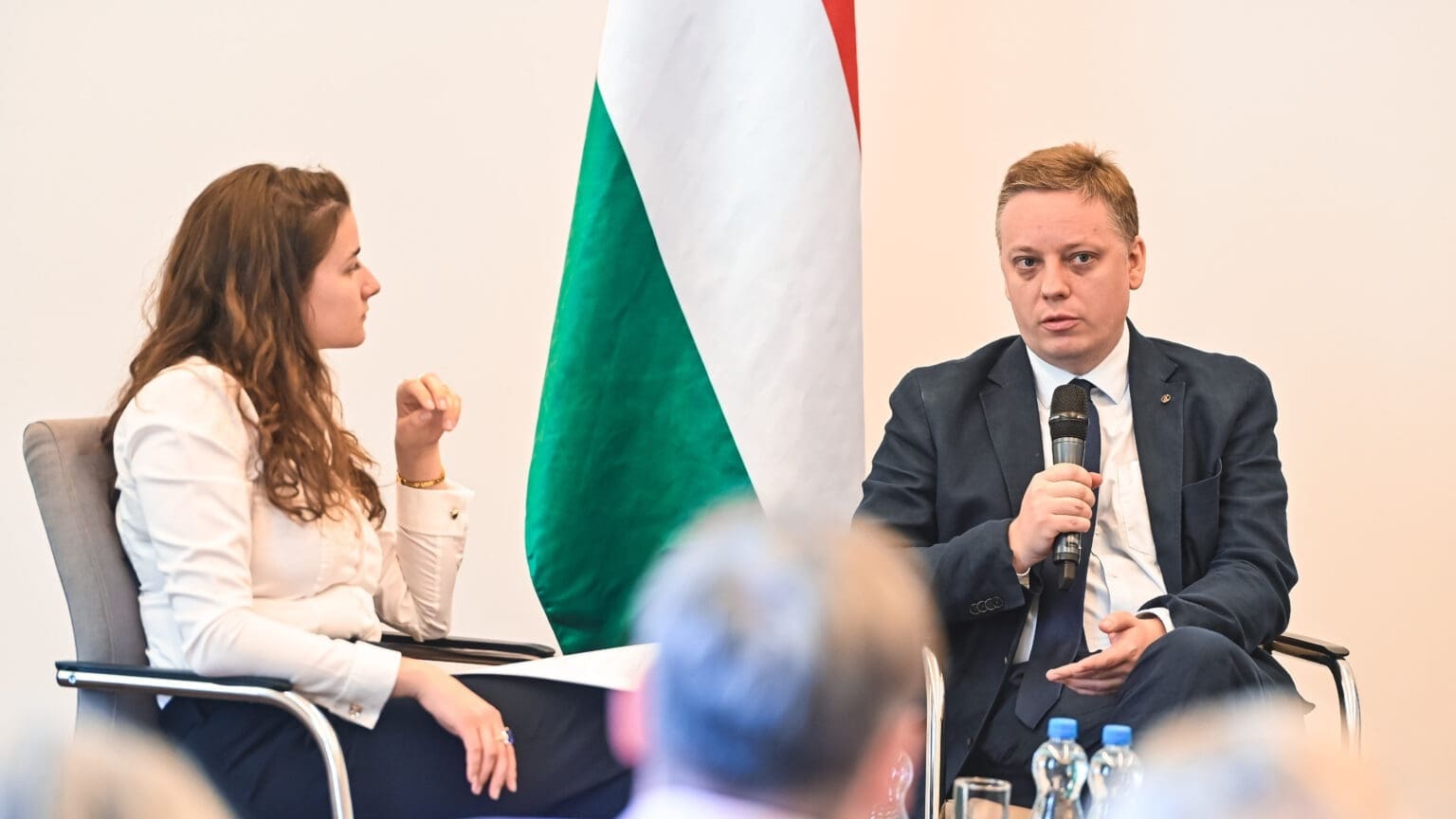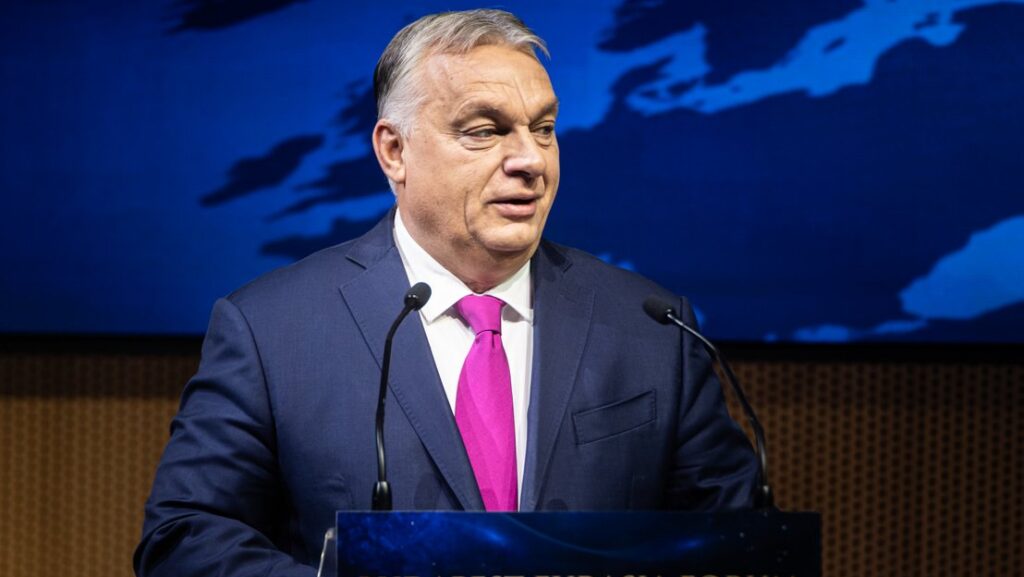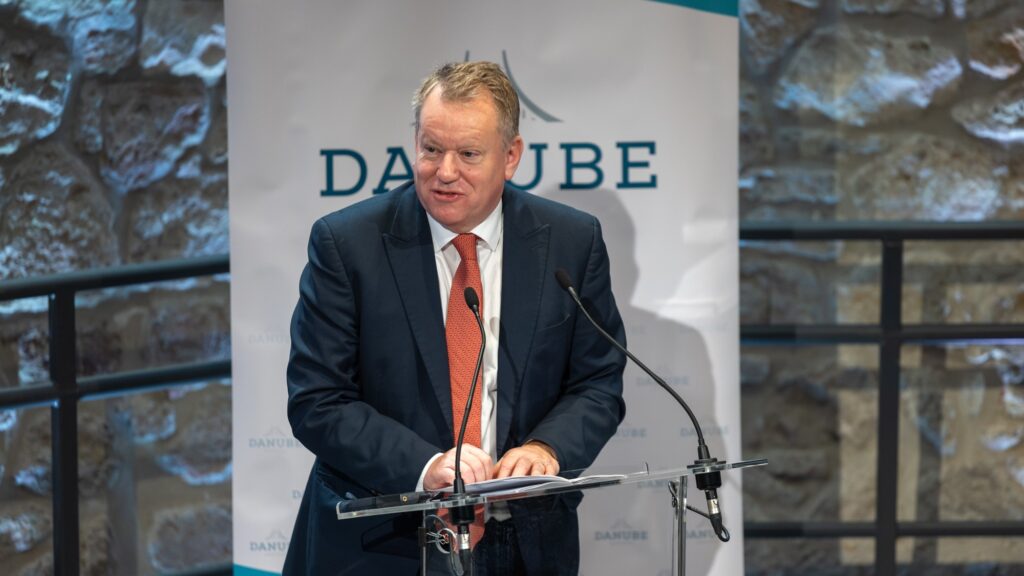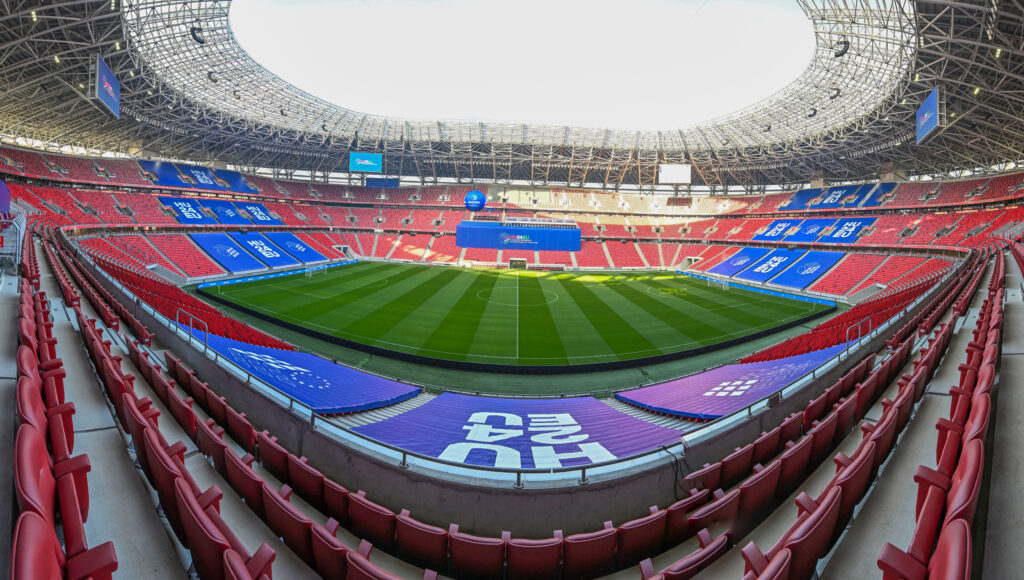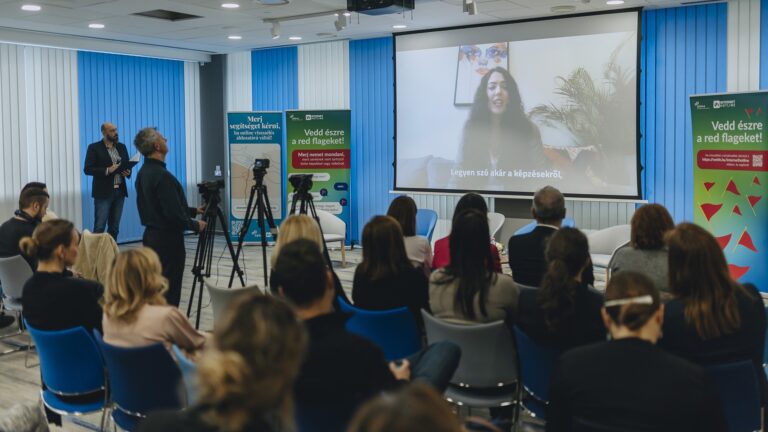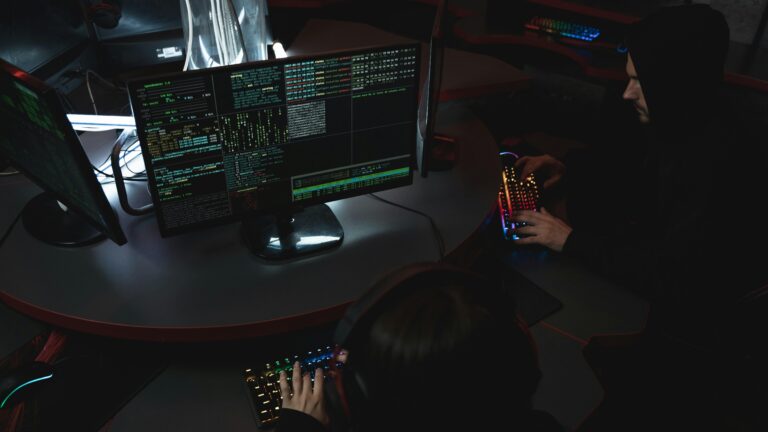Into the Breach: Europe’s Call to Arms was the title of the panel discussion held by the Ludovika University of Public Service at their Budapest campus on Wednesday, 10 April. The panellists discussed the current state of the collective defence policy of the European Union; as well as the current threats and possible future developments of this area of EU policy.
The speakers at the event were Joanna Siekiera, an international lawyer and doctor of public policy sciences from Poland; Arvid Hallén, an energy policy expert from the Swedish think tank Oikos; and Tamás Csiki Varga, a defence and security policy expert, and senior research fellow at Institute for Strategic and Defense Studies of Ludovika University’s Eötvös József Research Centre. The discussion was moderated by Liliana Śmiech, Director General for International Affairs at the university.
Ludovika – University of Public Service on Twitter: “In the shadow of generals, we discuss the future of Europe 🗣️ 🇪🇺 pic.twitter.com/VYiwm3AQVt / Twitter”
In the shadow of generals, we discuss the future of Europe 🗣️ 🇪🇺 pic.twitter.com/VYiwm3AQVt
Mr Csiki Varga explained that the EU leadership is currently aiming to make the European defence market more ‘intra-EU,’ meaning they want to encourage Member States to buy equipment and vehicles from each other, as opposed to other countries, such as the United States or China. As he pointed out, increased cooperation on the defence industry front among EU states first came about in the wake of the 2008 financial crisis for financial issues.
Nowadays, there is a different set of circumstances,
with EU countries having more excess money for defence, and an external threat emerging in Russia as well.
Ms Siekiera pointed out that Germany and France are the biggest beneficiaries of an intra-EU-centric defence market, as they are the biggest manufacturers of military equipment in the region. Just like on a number of other issues, the EU Member States have differing stances on defence as well, even on the ongoing Russo-Ukrainian war. They also still tend to prioritize their economic interests over cooperating on the defence front. For example, manufacturers of military equipment in one EU country are typically not willing to share their trade secrets as intelligence with other EU states.
Mr Hallén stated that the United States is by far the most important member of NATO, shifting the topic of discussion from the collective defence policy of the EU to the North Atlantic military alliance.
‘NATO is the absolute fundamental platform for our security.
People have been talking about the need for a European common defence system or alliance. We already have one and it’s called NATO,’
he told the audience.
However, he also noted that the threat of the United States not being either able or willing to commit great forces or expenses to defend its European allies will always be there. It could be brought about either by the US being entangled in a military conflict with China in the Pacific; or because a more isolationist administration may be elected in Washington. Therefore, Mr Hallén also considers the raising of the defence budget and increased military cooperation of EU Member States crucial. He also finds it concerning that despite the rise of the threat from the East, some leaders in major EU countries still do not look at increasing spending on their countries’ defence forces as an ‘existential’ issue.
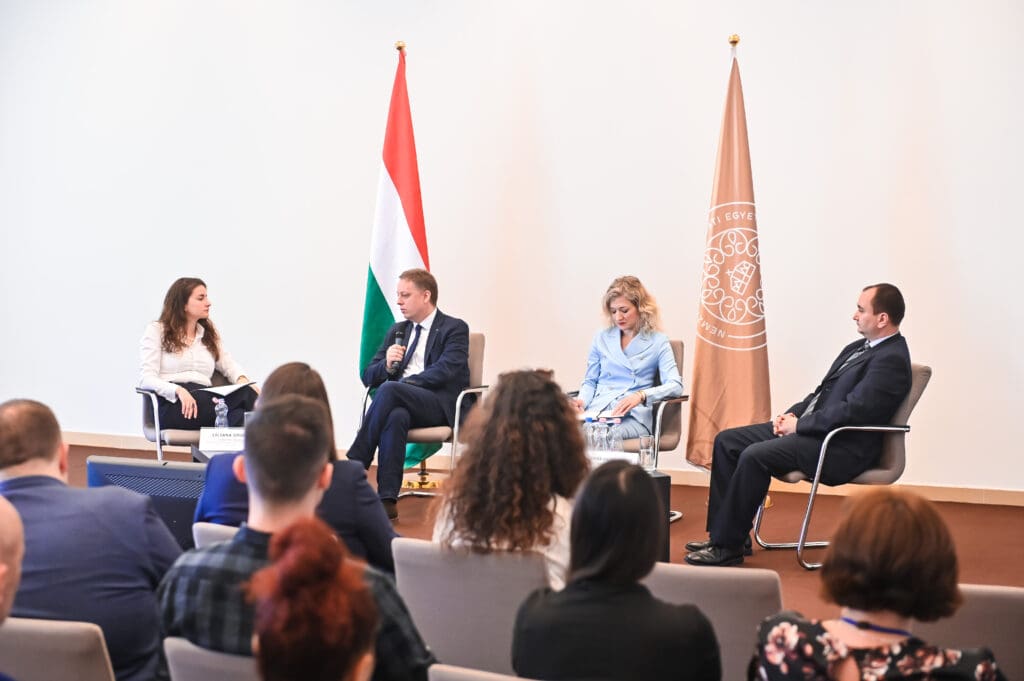
Ms Siekiera opined that a military conflict between China and Taiwan is not likely to happen, as Mr Hallén suggested it may, given that there is no strong independence movement on the island, with only one-third of its residents favouring independence from China.
Mr Csiki Varga returned to the original topic of common European defence policy, and stated that this should be handled on the Member States’ level, and not by the European Commission or the European Parliament. He also cautioned that defence is more important than politics. Theorizing about the role and structure of NATO by the leaders of the member states of the alliance could have very dire consequences for many.
Related articles:

